7 start with E start with E
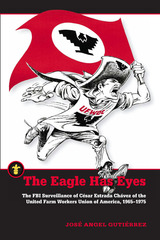
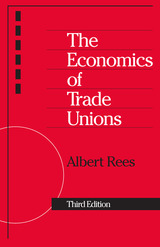
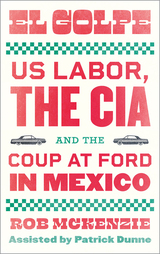
'Early in my research, a friend with excellent knowledge of the United Auto Workers internal operations told me, "Don't give up. They are hiding something"…'
It's 1990, and US labor is being outsourced to Mexico. Rumors of a violent confrontation at the Mexican Ford Assembly plant on January 8 reach the United Auto Workers (UAW) union in the US: nine employees had been shot by a group of drunken thugs and gangsters, in an act of political repression which changed the course of Mexican and US workers' rights forever.
Rob McKenzie was working at the Ford Twin Cities Assembly plant in Minnesota when he heard of the attack. He didn't believe the official story, and began a years-long investigation to uncover the truth. His findings took him further than he expected - all the way to the doors of the CIA.
Virtually unknown outside of Mexico, the full story of 'El Golpe', or 'The Coup', is a dark tale of political intrigue that still resonates today.
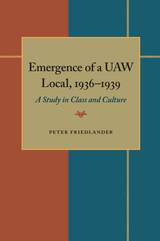
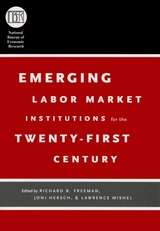
This important volume provides case studies of new labor market institutions and new directions for existing institutions. The contributors examine the behavior and impact of new organizations that have formed to solve workplace problems and to bolster the position of workers. They also document how unions employ new strategies to maintain their role in the economic system. While non-union institutions are unlikely to fill the gap left by the decline of unions, the findings suggest that emerging groups and unions might together improve some dimensions of worker well-being. Emerging Labor Market Institutions is the story of workers and institutions in flux, searching for ways to represent labor in the new century.
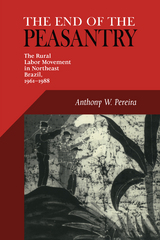
The rural labor movement played a surprisingly active role in Brazil’s transition to democracy in the 1980s. While in most Latin American countries rural labor was conspicuously marginal, in Brazil, an expanded, secularized, and centralized movement organized strikes, staged demonstrations for land reform, demanded political liberalization, and criticized the government’s environmental policies.
In this ground-breaking book, Anthony W. Pereira explains this transition as the result of two intertwined processes - the modernization of agricultural production and the expansion of the welfare state into the countryside - and explores the political consequences of these processes, occurring not only in Latin America but in much of the Third World.
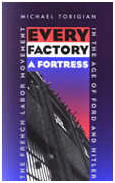
French trade unions played a historical role in the 1930s quite unlike that of any other labor movement. Against a backdrop of social unrest, parliamentary crisis, and impending world war, industrial unionists in the great metal-fabricating plants of the Paris Region carried out a series of street mobilizations, factory occupations, and general strikes that were virtually unique in Western history.
The unionization of the metal industry, following a series of anti-fascist demonstrations and plant seizures, would constitute the defining episode in modern French labor history and one of the great chapters in European social history. Yet little is known of these extraordinary events.
With a style that captures the vivid character of these experiences, Every Factory a Fortress tells the story of the Paris metal workers, who succeeded in organizing the largest Communist union in the Western world, reshaping the parameters of French social relations, and, ultimately, altering the course of French destinies.
READERS
Browse our collection.
PUBLISHERS
See BiblioVault's publisher services.
STUDENT SERVICES
Files for college accessibility offices.
UChicago Accessibility Resources
home | accessibility | search | about | contact us
BiblioVault ® 2001 - 2024
The University of Chicago Press









